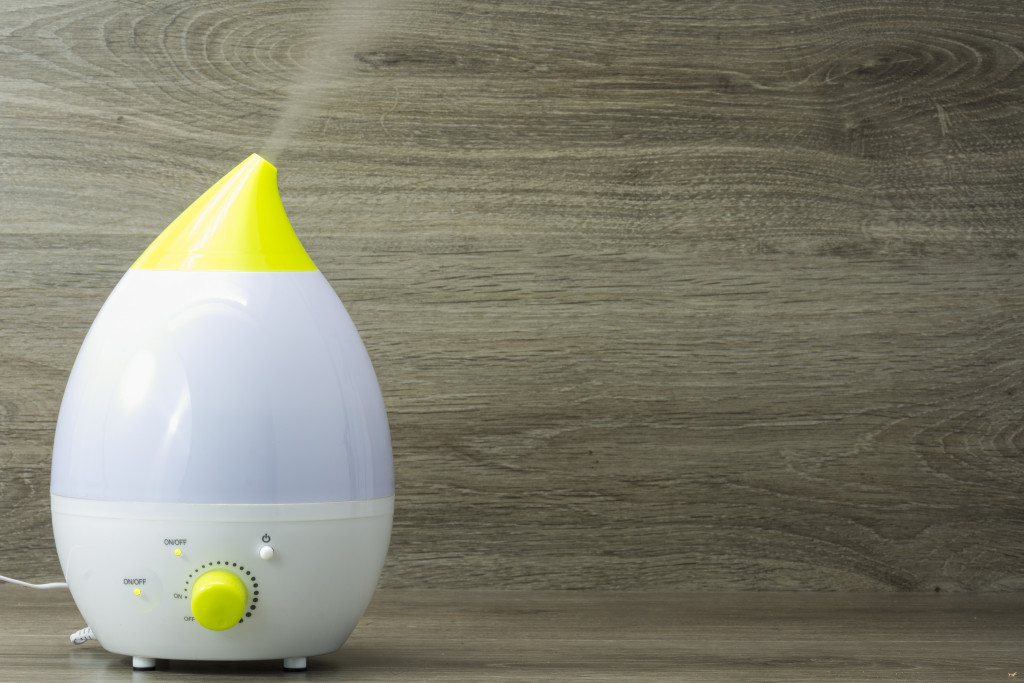Air quality is something that most people take for granted. However, it’s essential to everyone’s health and well-being. Poor air quality can cause allergies, asthma, and even lung cancer. Fortunately, there are ways to improve your home’s air quality so you can breathe more easily in the comfort of your home. Here are the following tips:
Clean with homemade dish soap
Dish soap is an affordable, effective way to clean your home. When you use it, you’ll find that it cuts grease and leaves behind a fresh scent. It’s not hard to make your dish soap. There are plenty of recipes online for great homemade dish soaps that are easy to make.
You can also buy some ready-made or make your own from scratch using old liquid soap bottles. If you opt for making it yourself, don’t worry about being overzealous in the mixing process. You can add a few drops of essential oils into each bottle and fill it with water. If you want an extra boost of cleaning power, add some lemon juice as well (try one tablespoon per eight ounces). Be sure not to dilute too much though—this could weaken the mixture’s effectiveness.
Install a carbon monoxide detector
Carbon monoxide detectors are a must-have in your home. Since carbon monoxide is invisible and odorless, it can be hard to tell if there’s any in the surrounding air. That’s why getting yourself a carbon monoxide detector is important; it will let you know when there’s too much CO in your home. Install it near sleeping areas, like bedrooms and nurseries. You should install it on each floor of your house (in fact, it’s best to install them on every level).
Some think this kind of investment isn’t worth it because it’s just another thing for you to buy. The truth is, it’s a lifesaver. While it may seem like an unnecessary expense at first glance, installing a carbon monoxide detector in your home could save you from many dangerous situations (including carbon monoxide poisoning).
Change air filters regularly

To ensure your home’s air quality is at its best, you should change your air filters every three months. Air filters are critical because they trap contaminants, such as pollen and dust mites, that could otherwise make their way into the air. Regularly cleaning and replacing these filters can help reduce asthma symptoms in people with allergies or breathing problems.
If you cannot keep up with changing them as regularly as experts recommend (or if doing so seems like too much work), consider purchasing an indoor purifier—this device will do most of the heavy lifting. You can use it year-round, but it’s beneficial during allergy season or if there’s mold in your home. If you have pets or kids at home, an indoor purifier can also help keep them safe.
Purify air with English Ivy
English Ivy (Hedera helix) is one of the best plants to have in your home, as it cleans the air by absorbing chemicals and filtering dust and pollen. English Ivy will also help you lower humidity, which can improve allergy symptoms. Suppose you’re looking for an easy-to-care-for plant that adds beauty to your space without costing too much money or requiring a lot of time. In that case, English ivy is an excellent choice.
If you have small children or pets in your home, it’s important to consider the toxicity of plants before adding them to your decor. English Ivy is toxic if ingested by people and animals, so please keep this plant out of reach. If you still want a low-maintenance plant for your space, try succulents or ferns instead.
Always keep your furniture clean
Having clean furniture is vital for improving air quality in your home. It’s a great way to reduce dust and allergens, which can cause asthma and other respiratory issues in children. You can start cleaning upholstery regularly with a vacuum cleaner that has a HEPA filter and use wipes with mild detergent if needed.
However, if you don’t feel comfortable doing this yourself or do not have the time available, you can hire professionals specializing in upholstered furniture cleaning to do it for you. These professionals can ensure top-quality cleaning by removing as many particles as possible from the surface of your furniture. When you’re looking for upholstery cleaners, make sure they have experience with the type of furniture you want cleaned. If you have a particularly delicate piece, such as an antique couch or chair, it’s best to hire a professional who knows how to handle these items without damaging them.
Final Thoughts
Hopefully, these tips above have helped improve your home’s air quality. Don’t be discouraged if you don’t feel like any of these tips apply to your situation. The best way to improve air quality is by using them together in a holistic approach that works for your home and lifestyle. You may also want to consult with a professional before making any significant changes—especially if they involve spending money or hiring someone else.
